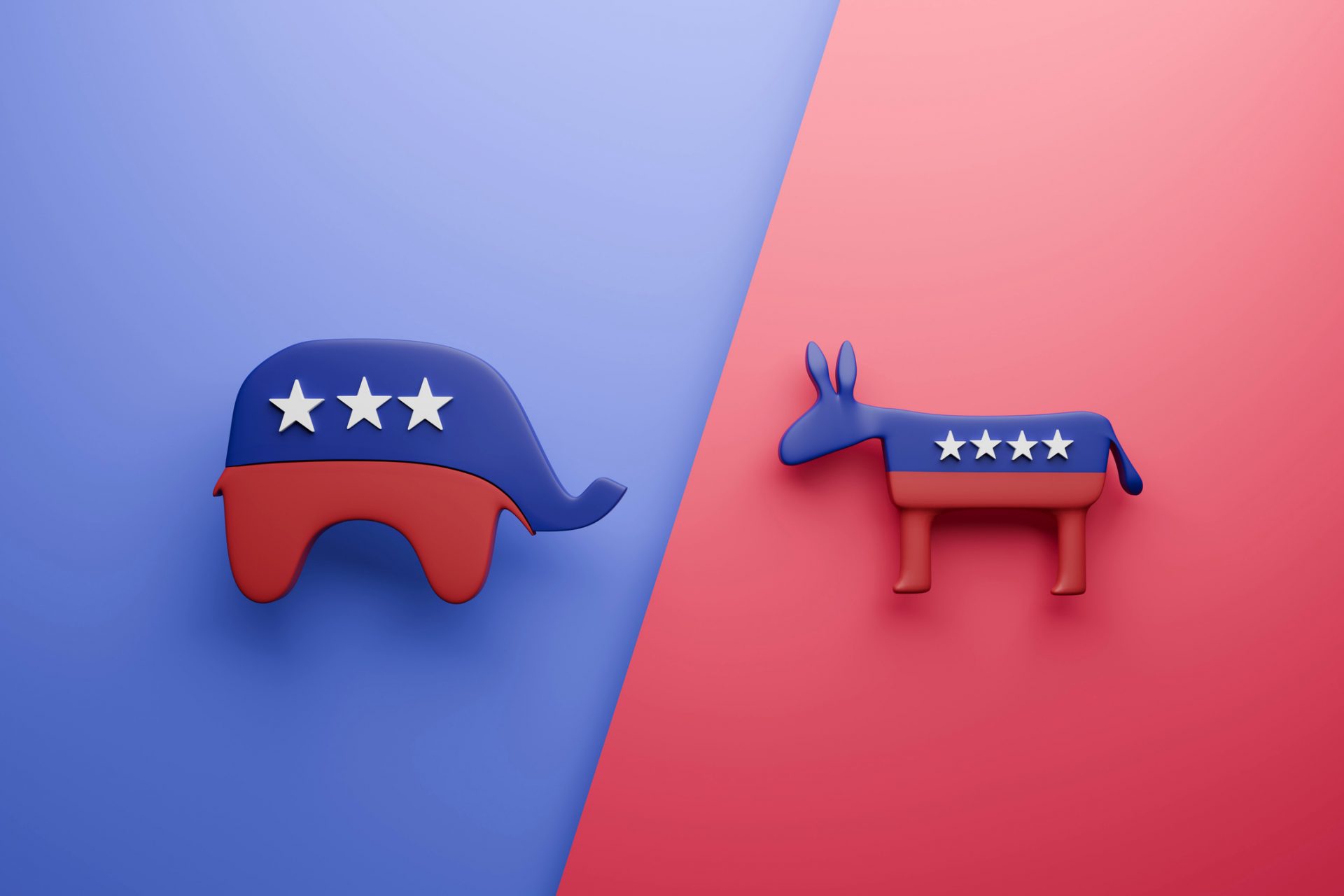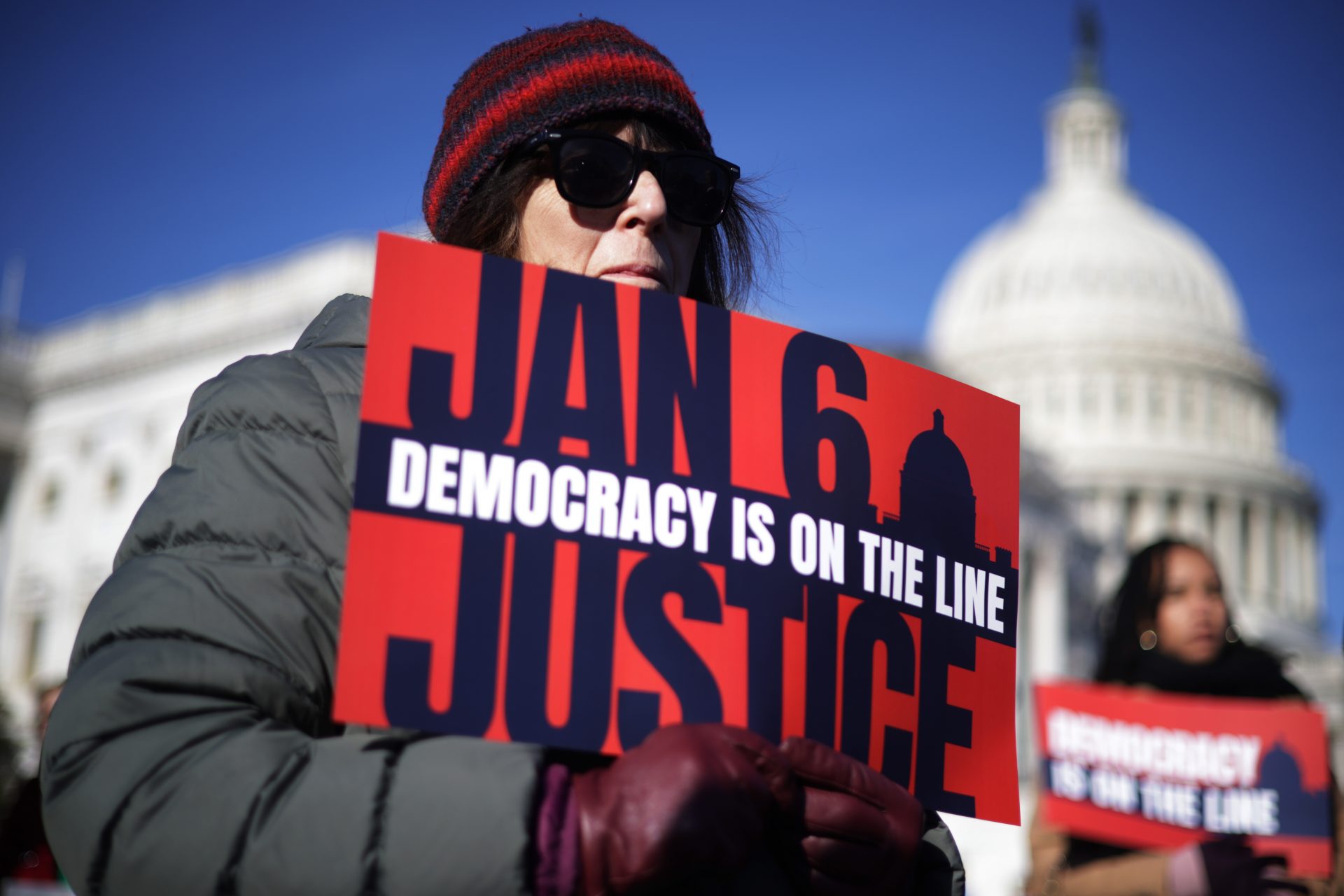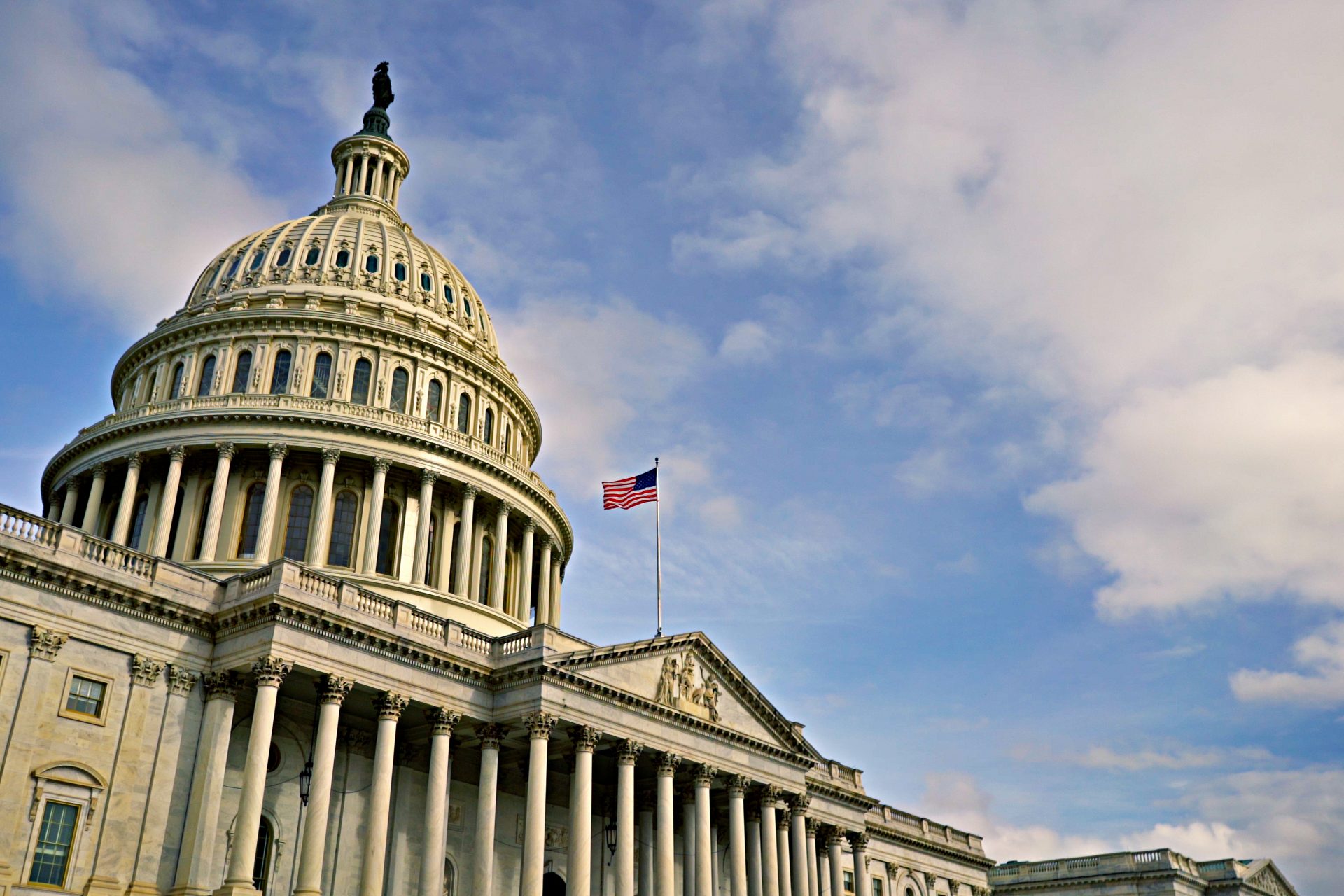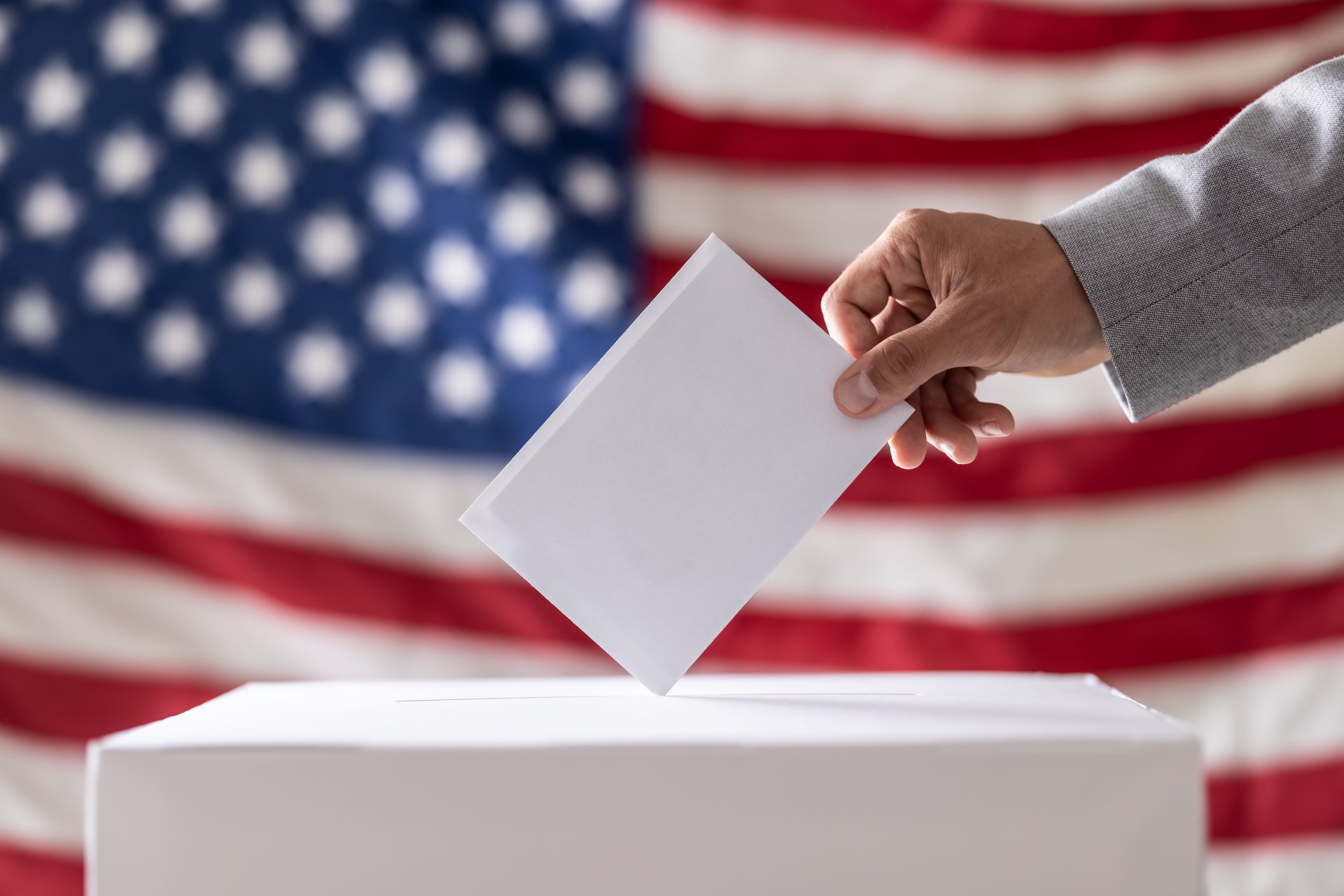America isn’t doomed: researchers find key to halting political polarization
Political division and polarization between the left and right in America have never been stronger, but the country isn’t doomed to split according to a new study. Americans can bridge the gap between their beliefs.
According to PsyPost, political polarization in the United States is usually seen by many as a type of intractable problem that can’t be solved. It’s also a problem that the majority of Americans are apparently worried about.
Research has suggested that as many as 80% of Americans are concerned about the division in the country, but prior investigations into the topic of political polarization may have been exaggerated if a new study is to be believed.
Published in the journal Social Psychological & Personality Science, researchers found that previous research shows that both Republicans and Democrats overestimate their differences in values like policy, engagement, and support for violence.
The key to saving the United States from becoming a nation divided is by focusing on eliminating the misconceptions that each side has about the other and instead focusing on the shared values that can unite both left and right.
“Recognizing shared values, the authors argue, could reduce partisan hostility and inspire optimism for societal progress,” PsyPost’s Mane Kara-Yakoubian wrote about the new research.
The research unfolded over three experiments that included a cumulative sample of 2.529 US adults over the age of 18 and fluent in English. The participants self-identify as Republicans or Democrats and completed a questionnaire on the concept of values.
In the first experiment, roughly 400 participants were at random selected and given one of three conditions that helped the participants visualize differences in values or see the shared values between Republicans and Democrats.
The three conditions included truncated barplots (bar charts used to help emphasize differences), overlapping distributions (an overlapping graph used to show shared values between groups), or a baseline position (a chart that showed no visualizations emphasizing shared or different values).
The second experiment repeated the first with a larger group of participants (973) while the third experiment, which included 1,153 participants, added a fourth condition to the study using truncated barplots (a bar chart with a y-axis that doesn’t start at 0), which allowed the researchers to compare all of the conditions studied in the experiments.
While the method of the experiments may have been a bit confusing for any layman, the results of their analysis were not. researchers Lukas Wolfe and Paul Hanel found clear evidence that focusing on shared values helped reduce political polarization.
“We found consistently that participants perceived the groups to be more similar when they saw overlapping distributions, compared with seeing barplots or receiving no information,” Wolfe and Hanel wrote in the general discussion section of their study.
“Seeing truncated barplots performed similar to seeing no information, suggesting that the exaggerated depiction of group differences in truncated barplots is in line with people’s baseline perceptions,” Wolfe and Hanel added, noting this was why it was important to address misperceptions about perceived political values.
Wolfe and Hanel concluded that the social sciences and media could be playing a very harmful role in “fueling and perpetuating” baseline perceptions through their emphasis on the differences between Republicans and Democrats while ignoring their overlap.
“This emphasis is particularly problematic because it might set biased ingroup and outgroup norms that drive further polarization,” Wolfe and Hanel continued.
Wolfe and Hanel noted that more research into the topic is needed but noted that focusing on shared values could be a novel new approach to “bridging divides in polarized societies.”
More for you
Top Stories





























